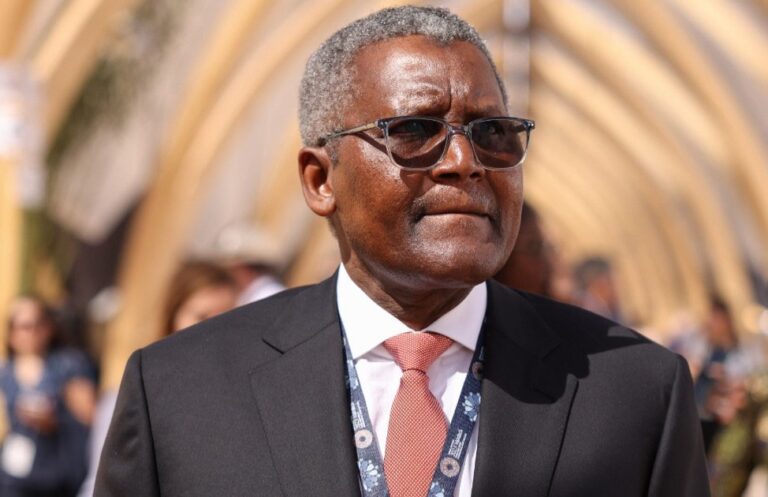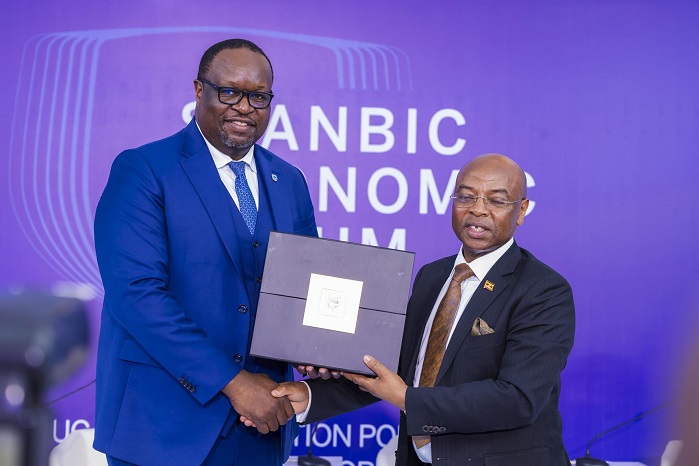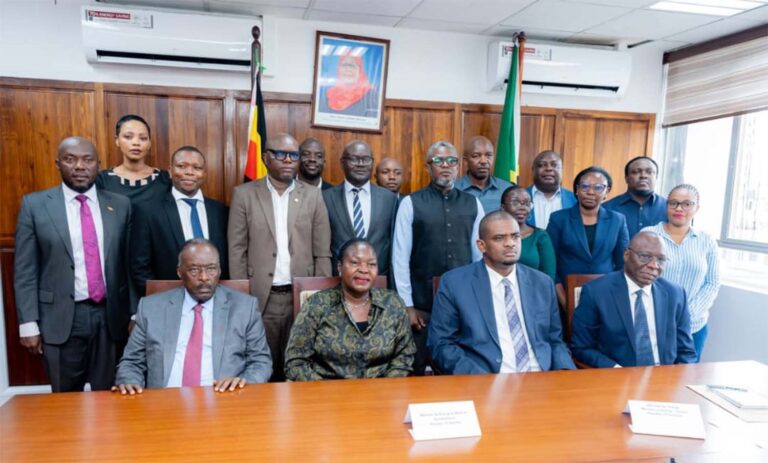
Kiwanuka (right) appearing before the natural resources committee of Parliament yesterday, while on the left is minister Nankabirwa
Kiwanuka (right) appearing before the natural resources committee of Parliament yesterday, while on the left is minister Nankabirwa
HABARI DAILY I Kampala, Uganda I Uganda’s Attorney General, Kiryowa Kiwanuka, staunchly defended the Petroleum Supply (Amendment) Bill, 2023, asserting that it represents the optimal solution for ensuring the competitiveness of pump prices for petroleum products within the country. Kiwanuka, accompanied by the Minister of Energy and Minerals, Ruth Nankabirwa, addressed the Parliament’s environment and natural resources committee on the matter yesterday.
The proposed amendment focuses on streamlining the supply chain and enhancing revenue generation through the active participation of the Uganda National Oil Company Limited (UNOC). Nankabirwa explained that the consolidation of supply under UNOC and Vitol Bahrain, the designated importer, aims to eliminate unnecessary intermediaries, ultimately reducing costs and ensuring efficient resource management.
“We shall save when we eliminate all these layers of supply, which I think are making money off us. But if the supply line is from Vitol Bahrain to UNOC, then to Uganda, it means we shall save by eliminating the unwarranted transactions along the supply chain,” Nankabirwa stated.
In response to concerns raised by Members of Parliament on the environment and natural resources committee regarding potential conflicts with Kenya, Nankabirwa assured that diplomatic engagements were underway to address any management disputes. She emphasized the importance of Uganda’s collaboration with Kenya, highlighting the cost-effectiveness of utilizing the Kenyan pipeline.
Critics raised questions about the potential monopoly created by the Bill, expressing worries about the impact on competition within the petroleum supply sector. Aisha Nalule Kabanda from the National Unity Platform questioned the apparent advantage given to Vitol, while Eddie Kwizera from the National Resistance Movement inquired about the potential discouragement of competition.
Attorney General Kiryowa Kiwanuka clarified that the government’s objective is not to limit competition but to enter into a strategic partnership with Vitol Bahrain for the security of fuel supply. He emphasized that the Bill does not restrict UNOC from sourcing products from other entities in the future, affirming that the current arrangement aims to build UNOC’s capacity over time.
Addressing concerns about UNOC’s current capacity compared to Vitol, Kiwanuka underscored that the contractual agreement with Vitol is a risk-sharing arrangement. He outlined the government’s intention to transition UNOC into a monopolistic importer as the country develops its capacity.
Minister Nankabirwa highlighted the financial strength of Vitol, with over $505 billion in revenues last year, stating that Vitol would finance the supply of petroleum products to delivery points in Kenya and Tanzania. UNOC would then pay for the imports after receiving payments from oil marketing companies. Nankabirwa emphasized that Vitol’s extensive experience in the oil and gas industry would enhance UNOC’s import operations.
As the debate continues, the Attorney General and the Energy Minister aim to convince stakeholders of the long-term benefits and strategic importance of the Petroleum Supply (Amendment) Bill, 2023, for Uganda’s energy sector.




